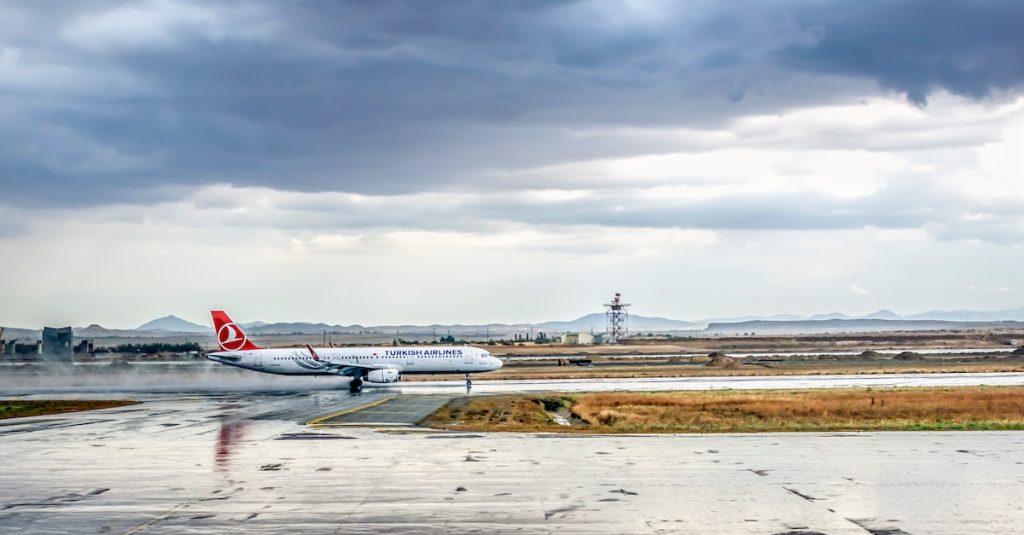A cross-party group of UK politicians is advocating for the removal of the ban on direct flights from the UK to Northern Cyprus.
Currently, flights from the UK to Ercan International Airport require a stopover in Turkey, a situation challenged by political figures seeking change.
The ban on direct flights to Northern Cyprus has been in place since the island was partitioned in 1974. This division followed a coup attempting to annex Cyprus to Greece, leading to Turkey’s intervention. The result was a divided island, with the northern part declared as the Turkish Republic of Northern Cyprus (TRNC), a state only recognised by Turkey. The UK, alongside other EU countries and the US, has not recognised the TRNC, which is why direct flights are prohibited.
This logistical challenge affects personal and business travel, requiring unnecessary transits through Turkey. Proponents argue that such requirements are outdated and unfair. They highlight the need for policy alignment with contemporary international relations and travel needs.
There is a call for the UK to engage proactively with Northern Cyprus. Failure to do so could result in other nations filling the diplomatic void, potentially altering power balances in the region. Engaging constructively could have beneficial outcomes for both political stability and commerce.
Critics of the proposed changes cite risks associated with altering flight routes without a broader political resolution. They argue that such a move might unintentionally legitimise the TRNC, complicating Cyprus’s political landscape.
Businesses operating in Northern Cyprus, like holidays offered by UK operators such as Balkan Holidays and Newmarket Holidays, could see a surge in demand. This would enable better market access and business opportunities on both sides, promoting mutual economic benefits.
Such diplomatic engagement through aviation could influence broader regional stability, offering a platform for the UK to demonstrate leadership. By initiating dialogue on aviation, it sets the stage for wider discussions on political and economic cooperation.
Easier access could boost tourism revenue and create new job opportunities, aligning with broader economic development goals for Northern Cyprus.
The call to end the ban on direct flights to Northern Cyprus is met with both enthusiasm and hesitation. While advocates highlight potential economic and strategic benefits, opponents caution against the political complications. The dialogue continues as the UK navigates its foreign policy in a changing global landscape.
The advocacy for removing the flight ban to Northern Cyprus reflects broader geopolitical and economic considerations.
Resolving this issue could pave the way for enhanced regional cooperation, benefiting both individuals and the broader economy.

